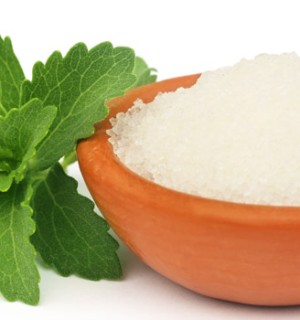Fiber is a type of carbohydrate that is mainly found in fruits, vegetables, legumes, and whole grains. Understanding how much fiber your body needs and where to find it can help you discover fiber’s many health benefits.
Fiber Benefits
Fiber is not absorbed by your body. It passes through your stomach and out of your colon relatively intact. Its properties can help you prevent or relieve constipation by increasing the weight and size of your stool and softening it, making it easier to pass.
Additionally, fiber helps to lower the risk of heart disease and can also help to control blood sugar. Fiber lowers overall cholesterol by lowering low density lipoprotein (LDL), also known as “bad” cholesterol. It can also help to slow down the absorption of sugar, which maintains blood sugar levels.
In some cases, fiber can help to maintain a healthy weight. Foods that are high in fiber are more filling, so eating a high fiber diet can mean that you are less hungry throughout the day.
Types of Fiber
There are two main types of fiber: soluble and insoluble, and many foods contain both types. Soluble fiber dissolves in water and has been shown to lower glucose levels and blood cholesterol. Soluble fiber is most commonly found in apples, citrus fruits, carrots, beans, barley, and oats.
Insoluble fiber is not dissolvable in water. This is the type of fiber that increases stool bulk. It is most commonly found in beans, nuts, vegetables, wheat bran, and whole wheat flour.
How Much You Need
For individuals age 50 years or younger, men need 38 grams of fiber per day, and women need 25 grams of fiber per day. The amount that is needed drops a bit for adults who are age 51 years or older. In this age group, men need 30 grams a day, and women need 21 grams a day.
Considerations
Adding too much fiber to your diet at once can cause symptoms such as gas, cramping, and bloating. You should increase your fiber intake slowly to give your body time to adjust. Remember to drink plenty of water throughout the day, because fluids help your body to better digest fiber. If you think that you may need to increase your fiber intake with the help of supplements, talk to your doctor first. Whole foods are the most optimal choice, because they provide more nutrients.
Are You Getting Enough Fiber?
Posted On: 09-15-2017
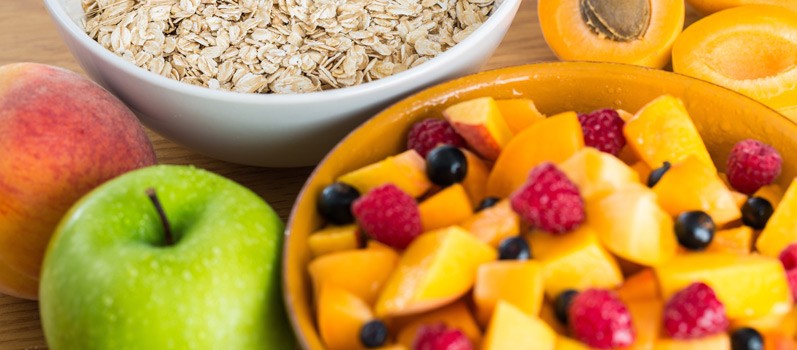
See Related Articles
6 Dangers of Drinking Soda
The availability of studies that warn about the risks of dri ...
Posted On: 09-09-2015
read more
A Breakdown of Artificial Sweeteners
Artificial sweeteners are found in many different products, ...
Posted On: 11-23-2015
read more
A Long Road for Ebola Survivors
The patients afflicted with the Ebola virus in the United St ...
Posted On: 12-19-2015
read more
Benefits of a Gluten Free Diet
Going gluten free has sparked a dieting fad, and experts are ...
Posted On: 09-23-2015
read more
Bowel Control Loss: Do You Need Surgery?
Your body’s systems, muscles, and nerves all work together ...
Posted On: 07-19-2019
read more
Can You Use Peppermint Oil for Nausea?
The use of essential oils is gaining in popularity. Essentia ...
Posted On: 08-19-2016
read more
Do I Need a Multivitamin?
If you are conscious of your health, you might be wondering ...
Posted On: 12-11-2015
read more
Does Shapewear Cause Health Problems?
Compression undergarments that shape and smooth are quite po ...
Posted On: 04-27-2015
read more
Health & Kitchen Hygiene
Maintaining good kitchen hygiene and following food safety g ...
Posted On: 01-21-2016
read more
Feedback




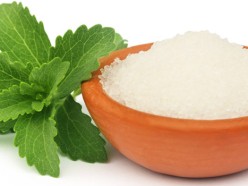
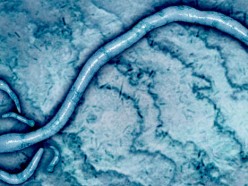
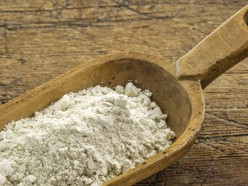









.jpg&w=300&h=320)
.jpg&w=300&h=320)
.jpg&w=300&h=320)


